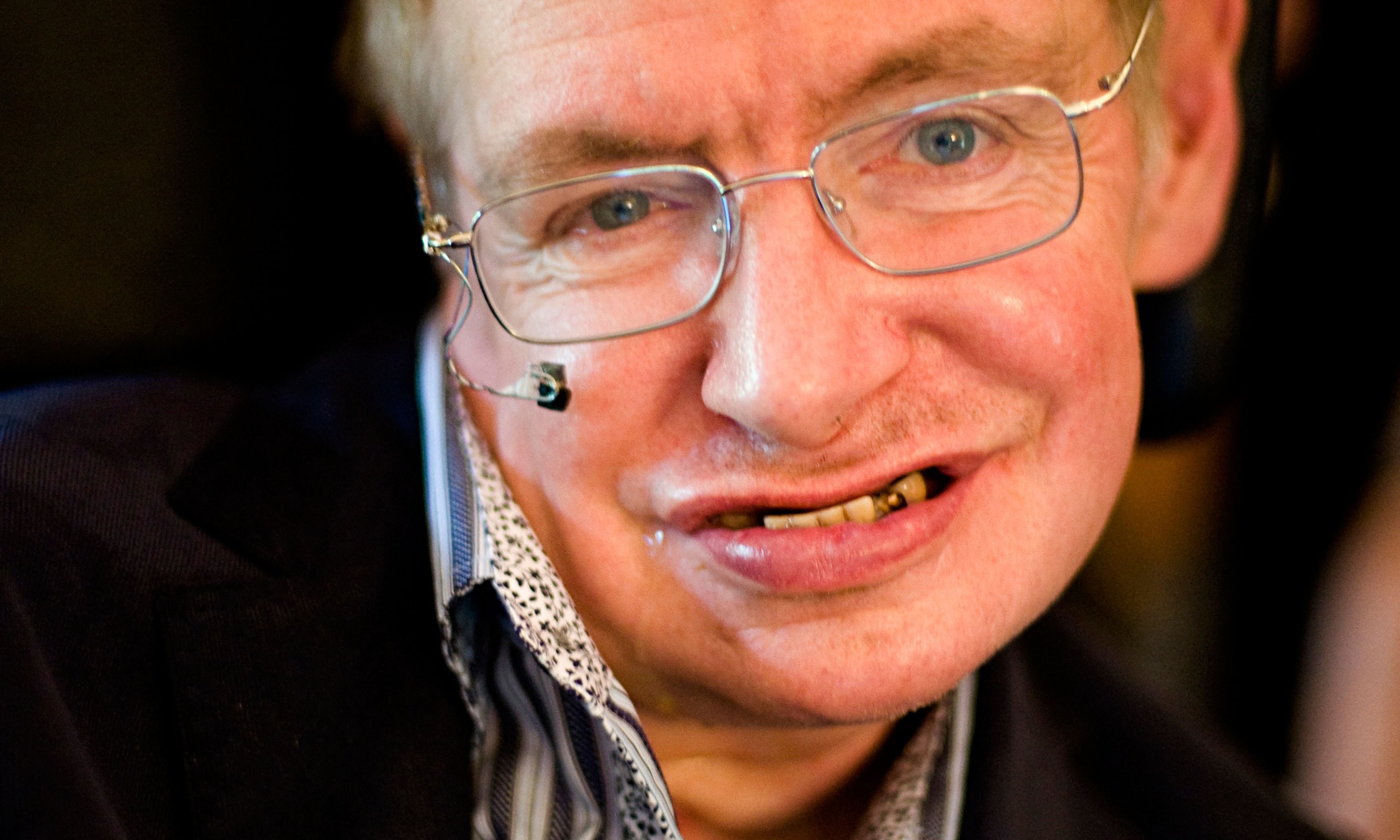Stephen Hawking, a name synonymous with groundbreaking scientific achievements and theories about the universe, has recently found himself at the center of an unsettling discourse. The allegations surrounding his character, specifically the phrase "Stephen Hawking pedophile," have created a whirlwind of speculation and controversy. While Hawking is celebrated for his contributions to cosmology and physics, this new narrative raises pressing questions about his legacy and the implications of such accusations.
As one of the most influential scientists of modern times, Stephen Hawking's life story is filled with triumph over adversity. His battle with ALS and his continued work despite severe physical limitations have inspired millions. However, the darker allegations against him have sparked debates about the complexities of human nature and the potential for darkness within even the brightest minds. This article seeks to explore the various dimensions of these allegations, separating fact from fiction, and examining their impact on Hawking's legacy.
In this exploration, we will delve into Hawking's biography, his scientific contributions, and the surrounding controversies. We aim to shed light on the question: Can we reconcile the genius of Stephen Hawking with the disturbing claims of his alleged misconduct? Join us as we navigate through this intricate web of inquiry.
Who Was Stephen Hawking?
Stephen William Hawking was born on January 8, 1942, in Oxford, England. He became one of the most renowned theoretical physicists in history, known for his work on black holes, the nature of time, and the universe's origins. Despite being diagnosed with amyotrophic lateral sclerosis (ALS) at the age of 21, which left him almost completely paralyzed, he continued to work and publish groundbreaking research until his death on March 14, 2018.
What Are the Key Contributions of Stephen Hawking?
- Authored the best-selling book "A Brief History of Time."
- Proposed the theory of Hawking radiation, suggesting black holes emit radiation.
- Contributed to the understanding of the Big Bang and black hole thermodynamics.
- Popularized complex scientific concepts through public lectures and media appearances.
What Were the Personal Details and Bio Data of Stephen Hawking?
| Detail | Information |
|---|---|
| Date of Birth | January 8, 1942 |
| Date of Death | March 14, 2018 |
| Occupation | Theoretical Physicist, Cosmologist, Author |
| Notable Work | A Brief History of Time |
| Education | University of Oxford, University of Cambridge |
What Are the Allegations Against Stephen Hawking?
In recent times, the phrase "Stephen Hawking pedophile" has surfaced, leading to a barrage of scrutiny and speculation about his personal life. These allegations have primarily arisen from social media discussions and various online forums, rather than credible news sources. This raises the question: Are these claims substantiated or merely baseless rumors?
Where Do These Accusations Stem From?
The origins of the allegations against Hawking appear to be rooted in a mix of conspiracy theories and misinterpretations of his relationships with women. It's essential to examine the context in which these claims have emerged and understand the motivations behind them. Many critics argue that the rise of misinformation and sensationalism in the digital age fuels these kinds of accusations.
How Do These Allegations Affect Hawking's Legacy?
Stephen Hawking's intellectual legacy is monumental, yet the emergence of the "Stephen Hawking pedophile" narrative poses a significant threat to his reputation. It forces us to confront a complex dilemma: can the achievements of a person be overshadowed by their personal life? The implications of these allegations raise essential questions about how we judge public figures and the potential for historical revisionism.
What Should We Believe About Stephen Hawking's Character?
In the face of sensationalized claims, it is crucial to approach the topic with a discerning mind. The absence of credible evidence supporting the allegations against Stephen Hawking should prompt skepticism. Instead of focusing on unfounded claims, we should celebrate his contributions to science and his ability to inspire generations.
What Can We Learn from This Controversy?
This controversy serves as a reminder of the importance of critical thinking and the need to verify claims before accepting them as truth. As society grapples with the complexities of human behavior and morality, we must remain vigilant against the spread of misinformation and recognize that even the most esteemed individuals can be subjected to baseless allegations.
Conclusion: How Should We Remember Stephen Hawking?
Stephen Hawking's legacy should not be defined by unfounded rumors but rather by his extraordinary contributions to science and humanity. While the "Stephen Hawking pedophile" narrative may provoke discussions about ethics and morality, it is imperative to separate fact from fiction. As we remember Hawking, let us honor his brilliance and the indelible mark he left on the world.



